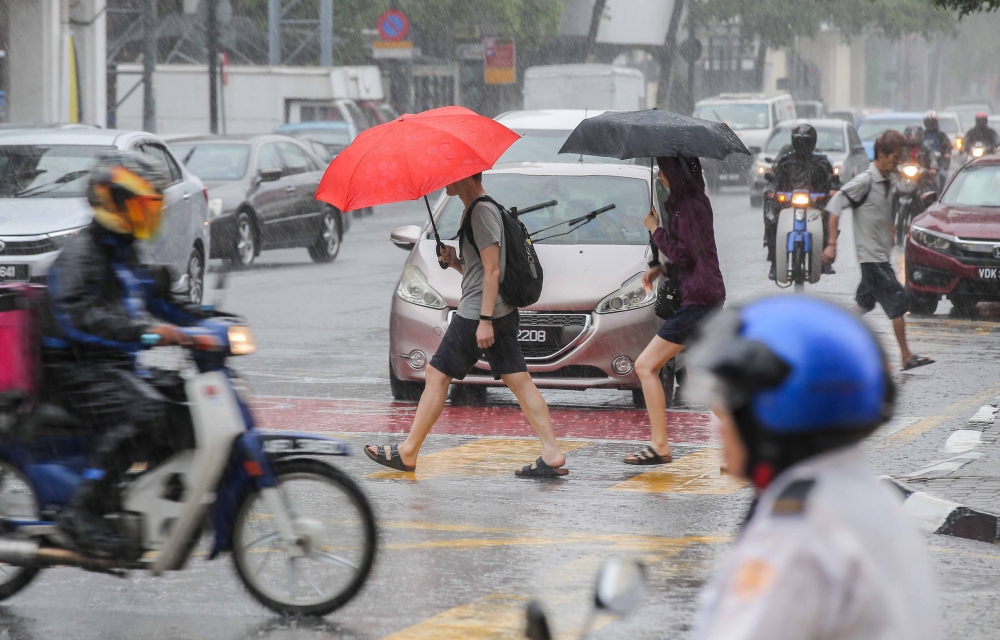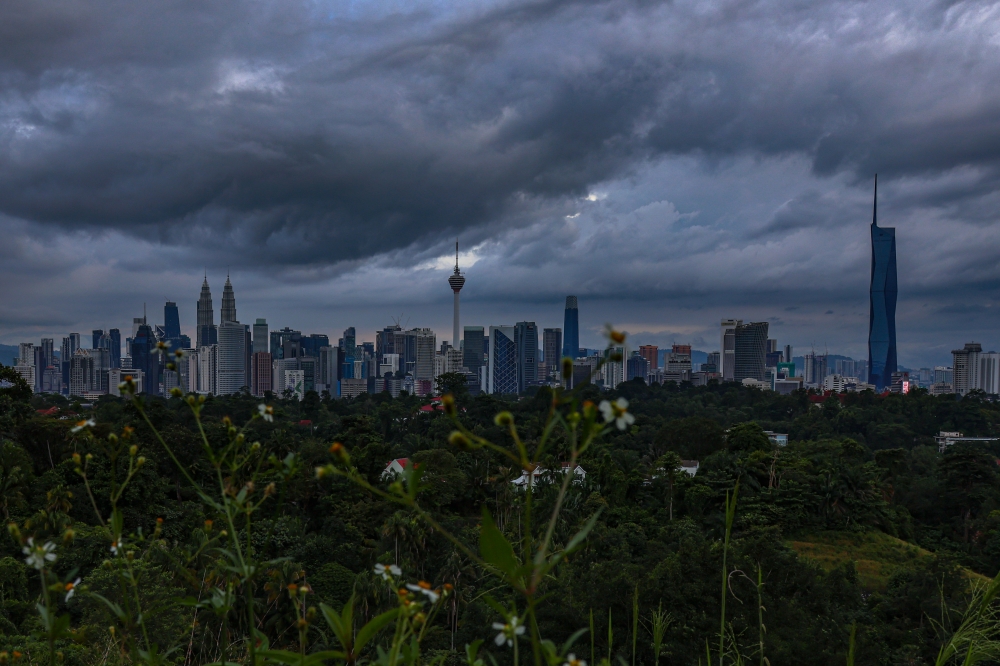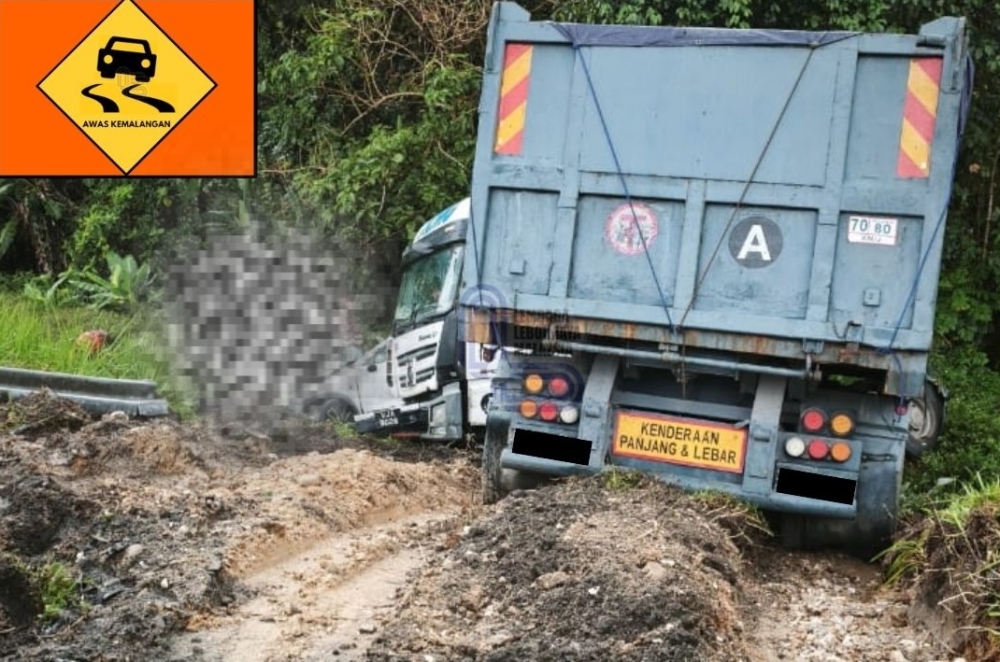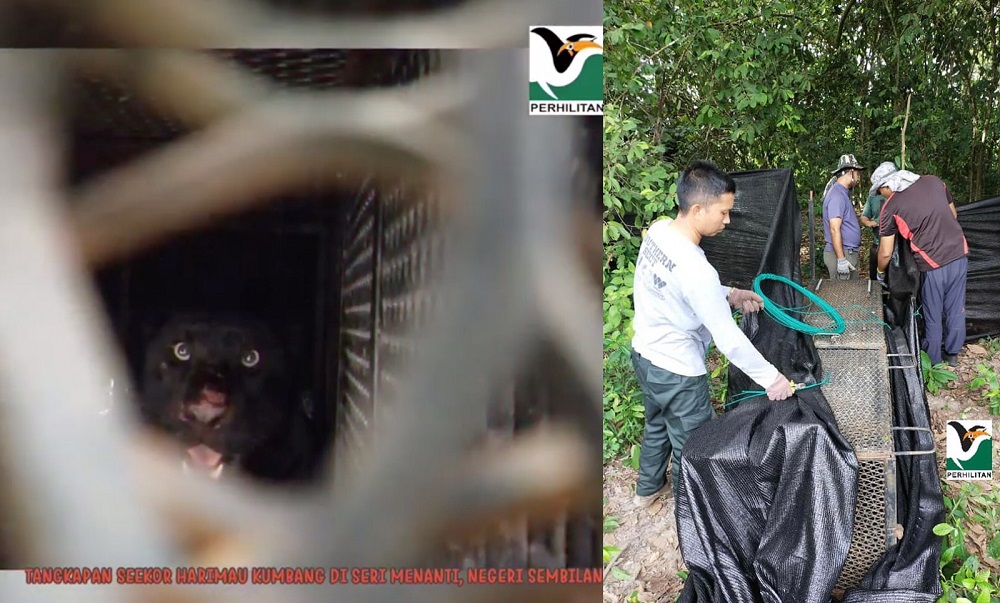PETALING JAYA, Dec 23 — The Department of Wildlife and National Parks (Perhilitan) has captured a wild black panther that allegedly killed livestock belonging to villagers in Negri Sembilan.
A video posted on Perhilitan’s Facebook page on December 21 shows the feline roaring and baring its fangs after it was baited into a trap in Kampung Tengah, Seri Menanti.
Ten Perhilitan staff members had set up cages and camera traps back in mid-November with the help of officers from the Kuala Pilah police headquarters.
Perhilitan wrote that the black panther is currently in good health and will be relocated to its original habitat soon.
Kampung Tengah resident Mohd Azman Daud, 52, told Sinar Harian that he heard a loud roar coming from one of the traps near his house in the wee hours of Wednesday morning.
“As soon as I heard those roars, I thought that the black panther must have finally been caught.
“Since it was 3am at the time, I didn’t dare step out.
“When it was morning, the other villagers and I checked the trap and saw that there was indeed a black panther inside,” said Mohd Azman.
He also claimed to have sighted a second black panther in the area not far from the trap.
The two animals are believed to be behind a series of livestock killings in Kampung Tengah which included the death of two cows belonging to villager Baharin Mohamad.
He told Sinar Harian that he feels at ease knowing that one of the black panthers has been captured as it proves that he wasn’t making up stories about the animal’s existence.
“We hope that more traps can be set up because there is likely more than one (black panther) and it is still roaming free in the area,” said Baharin.
Malaysia is home to the largest black panther population in the world but Rimba co-founder Gopalasamy Reuben Clements says the animal is facing a serious threat due to habitat loss and poaching.
“(Habitat loss and poaching) are also the main threats to the region’s other big cats ― tigers and clouded leopards.
“For them and all the species of the jungle, we’re very concerned about the loss of rainforests to oil palm and rubber plantations,” said Clements in a 2017 interview with National Geographic.




















